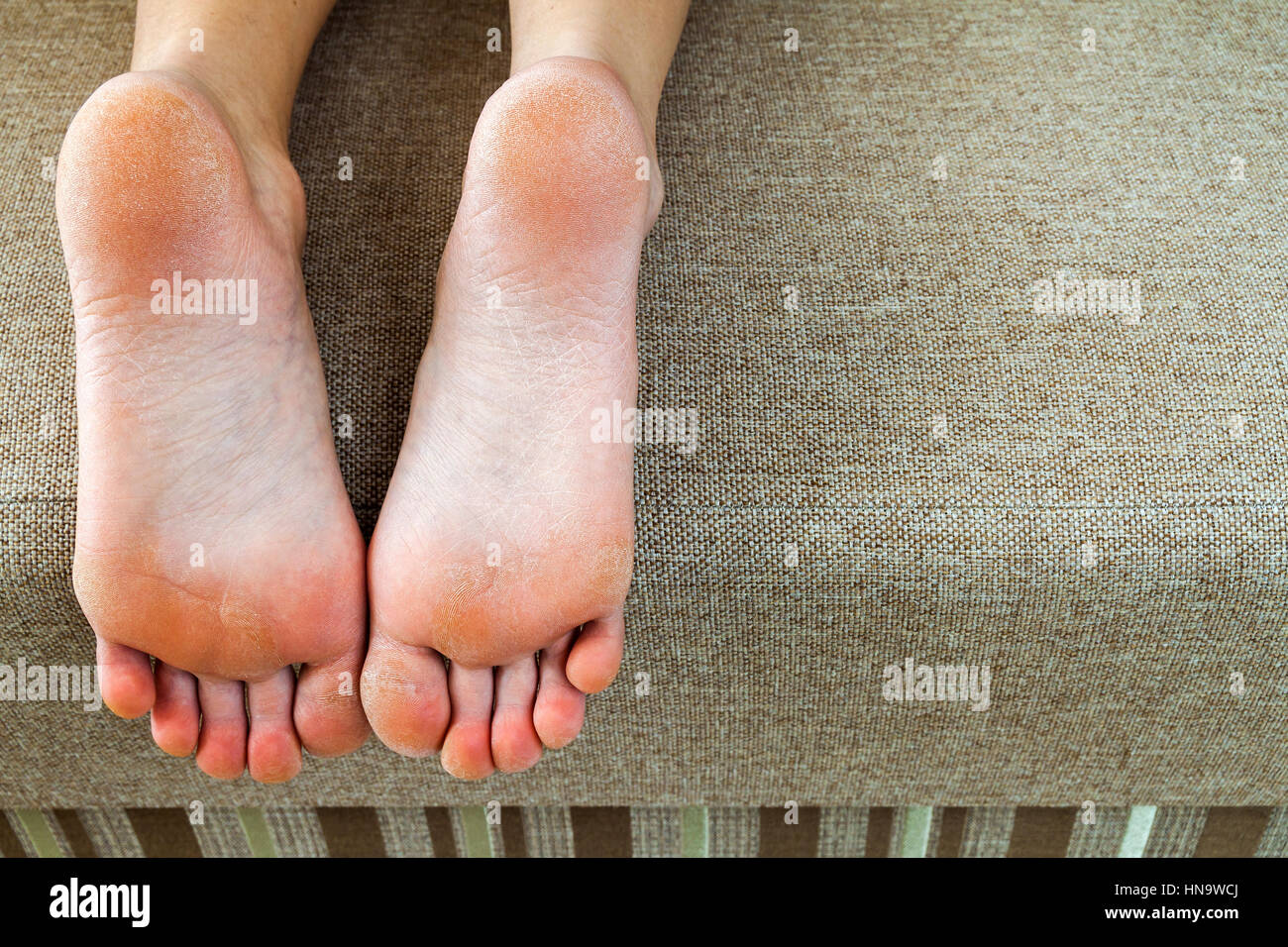At Healthfully, we strive to deliver objective content that is accurate and up-to-date. Our team periodically reviews articles in order to ensure content quality. The sources cited below consist of evidence from peer-reviewed journals, prominent medical organizations, academic associations, and government data.The information contained on this site is for informational purposes only, and should not be used as a substitute for the advice of a professional health care provider.
Please check with the appropriate physician regarding health questions and concerns. Although we strive to deliver accurate and up-to-date information, no guarantee to that effect is made. Parched Skin SymptomsSkin typically dries more on the arms, sides of the abdomen and lower legs. Mild symptoms might include a sense of skin tightness and some flaking. Extremely dry skin on your legs can cause redness, intense itching, fine lines or cracks in the skin, peeling skin or deeper fissures that sometimes bleed.
When the skin is extremely dry, the severe itching can cause you to lose sleep, and subsequent scratching can result in open sores or ulcerations. Common CausesDry skin develops when the protective layer of oil on your skin surface declines and cells lose moisture. For most people, dry skin can occur with aging or low indoor humidity from forced air heat or air conditioning. Dry climates, like those found in the deserts of the southwestern U.S., also reduce overall skin moisture.
Underlying medical conditions can cause extremely dry skin, including psoriasis, a disorder that often results in thick, scaly plaque formation on the skin. Rough, dry skin might also occur as a symptom of thyroid disorders, which reduce the activity of your sweat and oil glands.
Prescription-Strength OptionsTreatment for extremely dry skin depends upon the severity of your symptoms and the underlying cause. The American Academy of Dermatology notes health care providers often recommend products containing lactic acid or urea. These effectively seal in moisture, but they can irritate severely dry skin. If standard over-the-counter moisturizers do not help, your doctor might prescribe prescription-strength ointments that contain hydrocortisone, which helps reduce itching.
Remedies For Cracked Skin On Legs Load Back
For fissures or open cracks, he might have you use wet dressings that contain medications to reduce the chance of infection and help your skin heal. He should also test and treat for any underlying medical causes of your dry skin. Home RemediesTo help prevent dry skin, the experts at the AAD recommend you moisturize regularly, at least twice a day. Choosing warm water over hot and limiting baths or showers to 15 minutes or less help your skin retain moisture. Applying moisturizers to damp skin within three minutes of your bath or shower and patting your skin nearly dry rather than rubbing briskly with a towel might increase your moisturizer's effectiveness.

Harsh soaps, or those containing fragrance, are especially drying. Dermatologists at UMMC suggest you use soap only sparingly and avoid it altogether when possible on your legs. Using a humidifier at home and drinking plenty of water throughout the day might also help rehydrate skin.
Expert InsightIf you have diabetes, health care professionals at the National Institute of Diabetes and Digestive and Kidney Diseases warn that your body loses fluid with high blood glucose levels, which may result in extremely dry skin. Since severely dry skin can crack or develop fissures, which might lead to infection, the NIDDK recommends you check the skin on your legs regularly and see your physician if you have problems with dry skin or notice any red or sore spots on your skin.